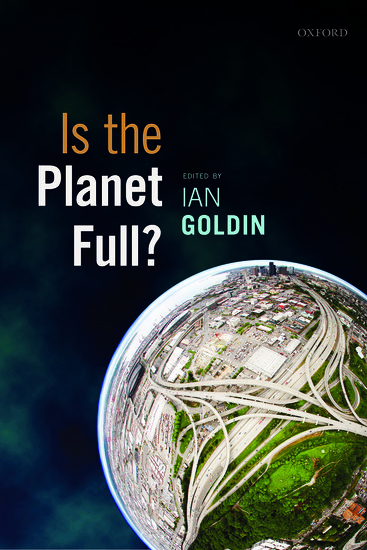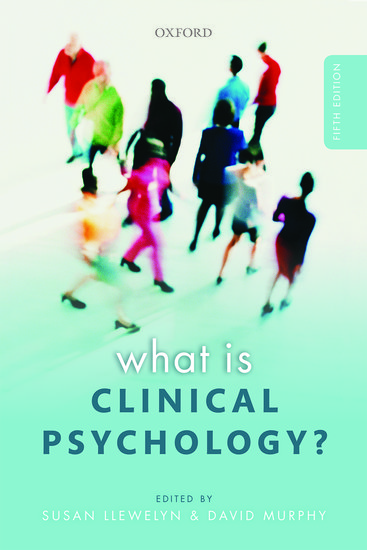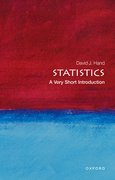Psychology, veterans, war, and remembrance
By Michael D. Matthews
My daily walk to work takes me through West Point’s cemetery. Founded in 1817, the cemetery includes the graves of soldiers who fought in the American Revolution, and in all of the wars our country has fought since. I often stop and reflect on the lives of these men and women who are interred here.





